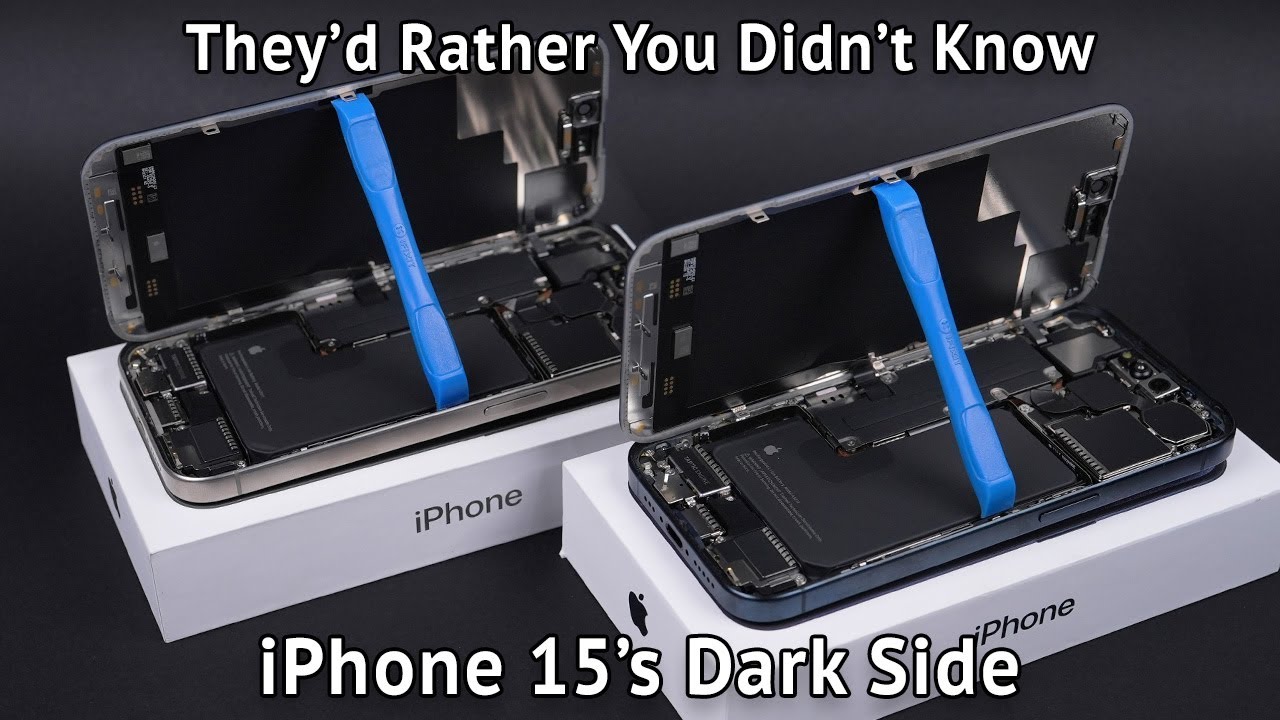Apple performed a remarkable u-turn on Right to Repair recently. Instead of lobbying against the Right to Repair bill making its way through California’s legislature, it’s now switched sides and offered its endorsement. ![]()
It’s a pretty stunning moment. But, as always with Apple, the devil lies in the detail. Rather than a ‘road to Damascus’ moment this seems to represent a change in strategy; if you can’t beat them, join them.
As noted in the articles below, the California bill enjoys broad support and was likely to pass regardless. It also sounds like Apple outlined a number of conditions for its support, seeking to somewhat undermine independent repairers and the use of used and 3rd party spare parts.
Apple’s letter also asked that the bill “focus on requiring manufacturers obligations to provide the documentation tools, and parts to enable the repairs performed by authorized repair channels, as opposed to a broader undefined scope of repairs.” Apple also wants repair providers to mention when they’re using “non-genuine or used” components.
The bill, as written, also requires non-authorized repairers to provide written notice of their lack of official vendor approval.
Elizabeth Chamberlain, director of sustainability at iFixit, told Ars Technica that while disclosing the use of third-party parts is reasonable, she’s concerned that it “supports unnecessary fear-mongering around used and third-party parts.”
“I also worry that lumping used and third-party parts together will contribute to further confusion. Apple’s ‘unable to verify’ warnings already blur the line between those categories,” she added.
It’s also well worth reading our friend Nathan Proctor’s response on behalf of US PIRG:
Though despite the caveats, this feels like a huge win for the repair movement! It’s the pressure from activists and repairers that’s made Right to Repair laws inevitable. And that in turn appears to have forced Apple to change its strategy.
